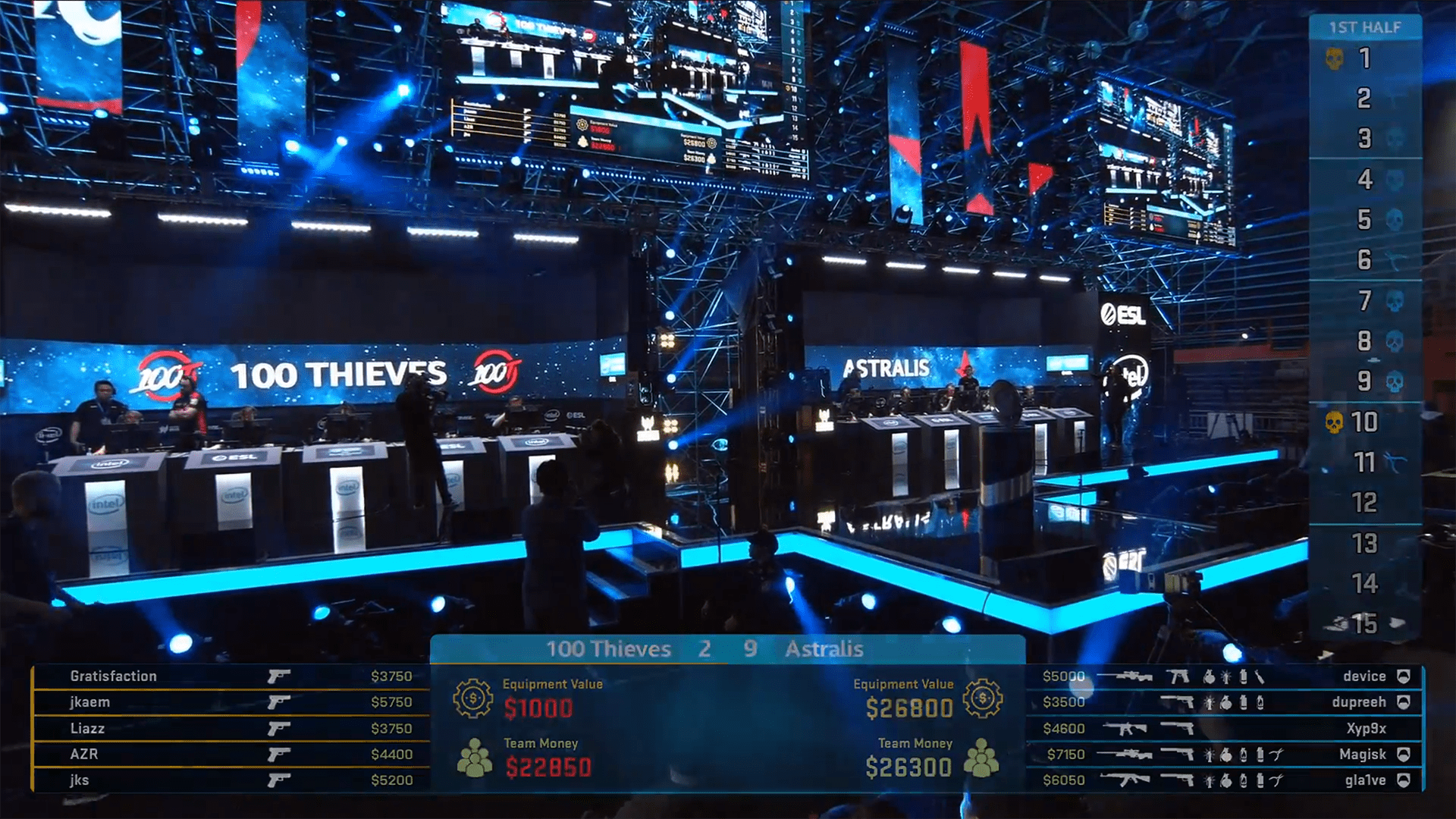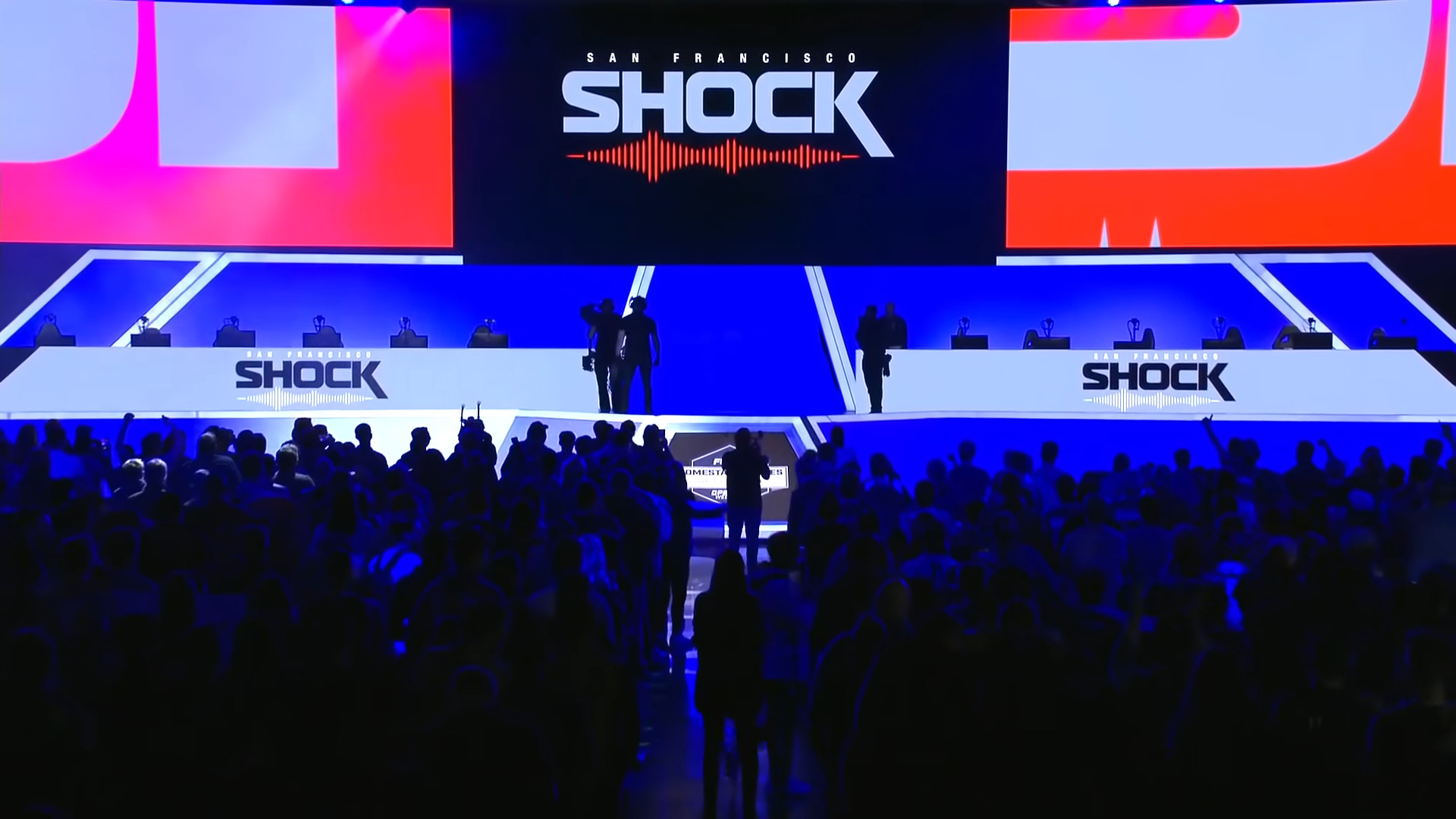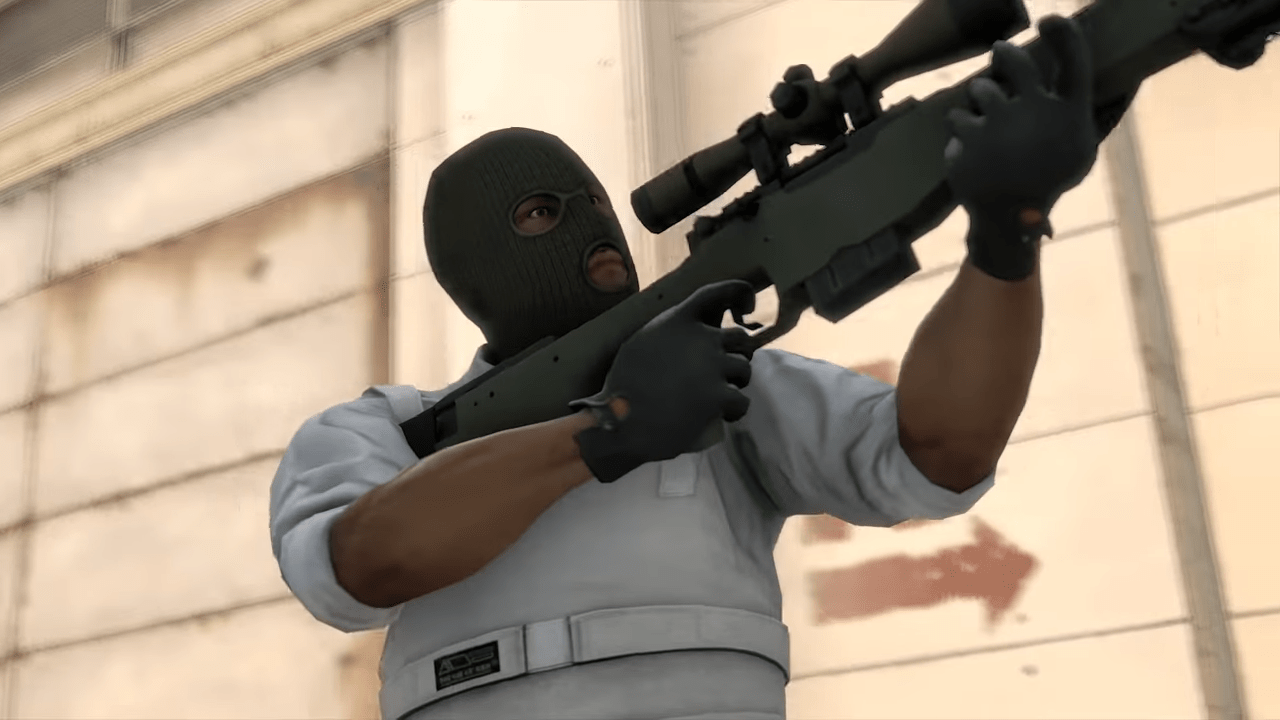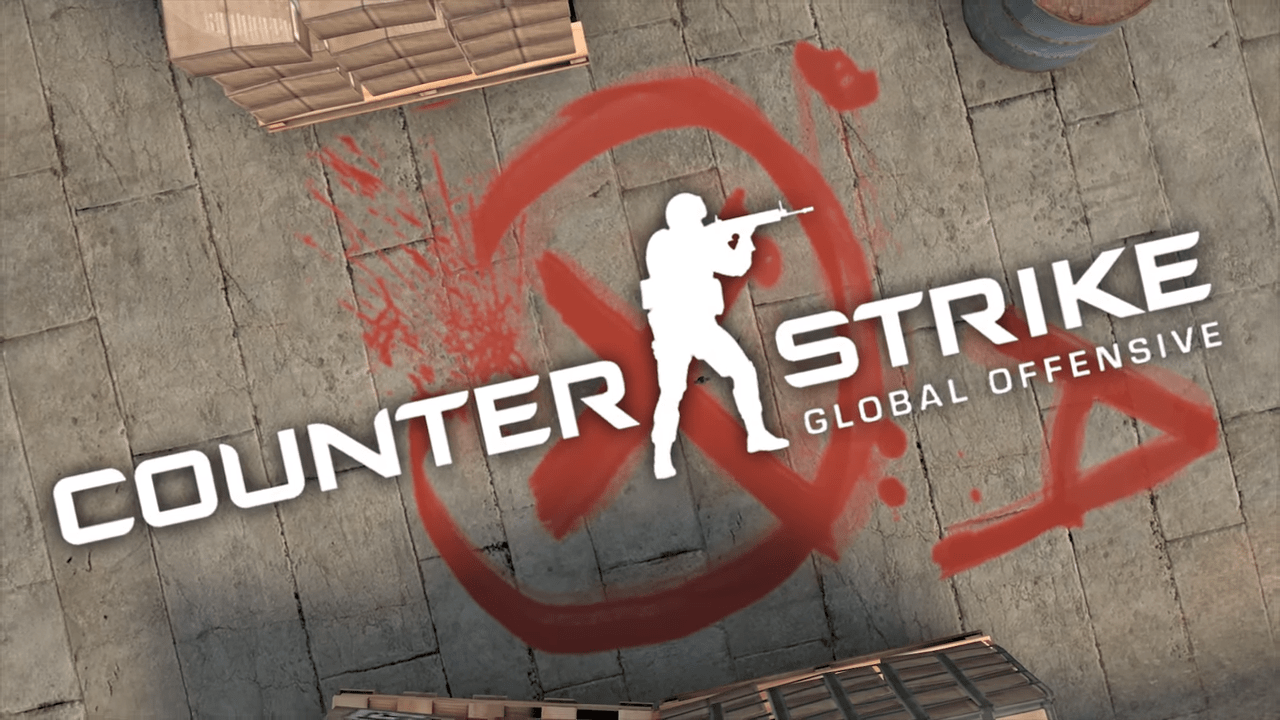Everything has closed up for the time being for the first time in decades. One of the largest sudden shifts in culture has easily been sports, where teams that once played for international audiences are now stuck with the rest of humanity. Baseball stadiums that would already be hosting rowdy crowds buying watery beer instead stay unlit and eerily silent, soccer pitches are featuring unkempt grass, and a lack of football means that concussions, and traumatic brain injuries, for this year are surprisingly low.
So you have a massive population of gambling fans, with nothing to gamble on; what’s a bloke to do?
As ProdegeMR and 2CV have found out in a recent study, it looks like they’re shifting to esport gambling, set to the tune of an estimated $14 billion gambled in 2020 alone. This is up double from 2019, and is likely an outlier as physical sports are temporarily canceled. 2CV estimates long-term growth for esports as a whole though, roughly around 644 million viewers worldwide in 2020, although the sudden short-term growth is likely to break those numbers.
The Global Consumer Research Agency @2CV and the Market Researcher @ProdegeMR estimated Esports 2020 gambling revenue to grow to a massive $14 billion; double 2019’s figure of $7 billion.https://t.co/M2vamIbJW5#Malta #Manila #SiGMA2020 #Gambling #iGaming #onlinecasino
— SiGMA World (@SiGMAworld_) April 20, 2020
This is all well and good, lots of chin-stroking while muttering how this will be good for this and that, exponential growth and all of that jazz. Yet it also brings about a few questions that those from the outside have begun to ask of esports, mirroring commonly-held concerns for physical sports that have been relatively muted in the electronic realm.
First and foremost is doping, which can be readily found in very many sports, and allegations haven’t been too far from esports either. Typically some form of amphetamine, such as Ritalin or Adderal, can be used to bring a competitor’s focus far beyond their natural ability. Cloud9 was centered in a doping scandal in Counter-Strike: Global Offensive that brought anti-doping measures into the ESL.
Rob ‘Slasher’ Breslau has alleged that Taimou states that roughly 20 players in the Overwatch League are, or were, doping in the first season, to which he was replied by a user that ‘over half’ of the Gears of War community was doping.
Dude the GoW community has easily over half the players using it.
— HighDistortion (@HighDistortion) November 12, 2018
Yet despite these open allegations, nothing ever came of it for two out of three reports. It would be a bad face for the league, whichever league is caught, and rampant cheating within a league facing sudden crackdowns could find a surprising number of vacant benches. Which obviously isn’t good for any league looking to keep the proverbial (or literal) lights on during the pandemic. While smaller organizations have cropped up facing the doping issues in sports as a whole, with esports getting a smaller look than traditional ones, little progress has been made with professional leagues taking a harder stance on amphetamines that result in progress.
The second issue is admittedly much harder to control, although traditional sports already have been combatting it for decades: match-fixing. Match-fixing, in the event that you need a refresher, is ensuring an outcome that can result in quick money for everyone involved in the scheme. While in football, for example, it’s pretty clear if a quarterback is intentionally throwing a game.
In competitive games, however, it becomes much murkier. Could they have hit that shot from 100 meters out, or was it an intentional miss to skew the results?
With the sheer numbers that esports will begin to see, as users tune in ever more now than they used to, multiple gaming commissions are going to need to answer difficult questions without undermining the integrity of the league. No number of random coalitions and alphabet agencies ‘participating’ in the matches however minutely will bring the response that many are saying they’ll need before investing into esports. Whether leagues want to rock their boat, or not, is apparently up to the owners.







